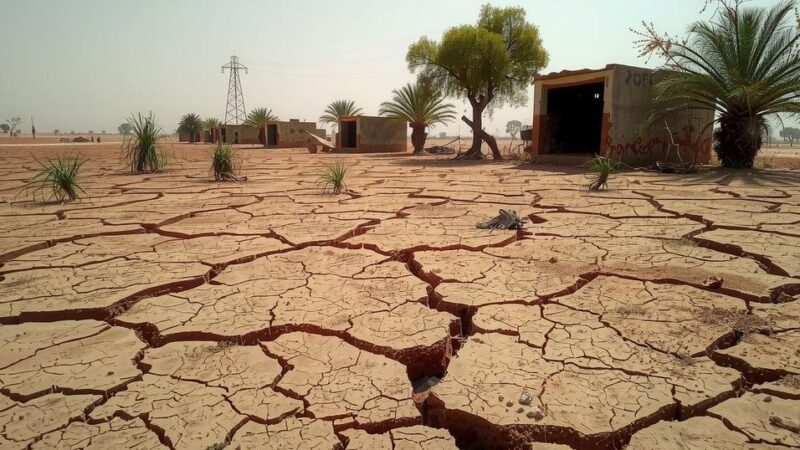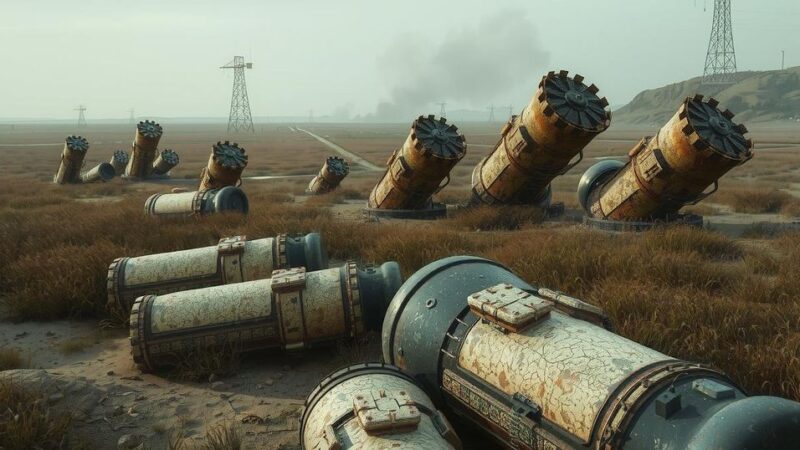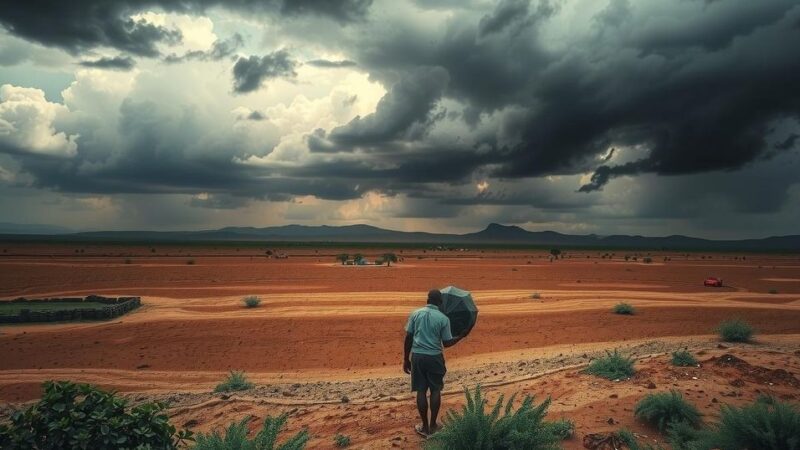The M23 rebels have rejected ceasefire calls while capturing the strategic town of Walikale, indicating their intent to advance further into DR Congo. This conflict, stemming from historical issues and a fight for resources, is becoming a broader regional concern. Direct talks are deemed necessary for resolution as regional tensions rise.
The M23 rebels in the eastern Democratic Republic of Congo have dismissed calls for a ceasefire from the government and Rwanda, stating that such appeals are irrelevant to them. Instead, the rebels have advanced their control by capturing Walikale, a strategically significant town and the farthest west they have progressed since January, despite ongoing fighting with the army and allied militias. This conflict has arisen from the historical ramifications of the 1994 Rwandan genocide and competition over mineral resources, marking the worst violence in the region since the 1998-2003 war.
The strategic importance of Walikale lies in its mineral wealth, including tin, and its access to vital transport routes linking four provinces: North Kivu, South Kivu, Tshopo, and Maniema. Following the recent capture, M23 rebels have only 400 kilometers remaining to reach Kisangani, DR Congo’s fourth-largest city with a significant port on the Congo River. An M23 officer reassured local residents that while some soldiers would remain for their security, the bulk of the forces would advance towards Kinshasa.
In a recent meeting, DR Congolese President Felix Tshisekedi and Rwandan President Paul Kagame urged for an immediate ceasefire. However, M23 leader Corneille Nangaa refuted these calls, stating their fight is for a cause concerning Congolese interests, independent of Rwandan influence. The United Nations has alleged that Rwanda supports the M23 militarily, a claim that Rwanda denies, asserting its military actions are defensive against the Congolese army and genocidal militia.
Recent negotiations for direct talks between DR Congo and M23 were expected but subsequently canceled by M23, citing sanctions imposed on some leaders and Rwandan officials. This decision highlights the rebels’ growing confidence and reflects the ongoing confusion surrounding various peace efforts from foreign entities. Angola’s foreign ministry expressed surprise at the Qatar talks, emphasizing that neighboring issues should ideally be resolved within Africa. Nangaa emphasized the necessity of direct communication with DR Congo for conflict resolution, advocating for an end to the alleged persecution of Tutsis in DR Congo and calls for improved governance.
In summary, the M23 rebels’ refusal to adhere to calls for a ceasefire while capturing strategic territories highlights the escalating conflict in eastern DR Congo. The ongoing violence, rooted in historical grievances and competition for resources, raises regional tensions reminiscent of past wars. The situation further complicates with foreign involvement and sanctions, reinforcing the need for direct dialogue between conflicting parties to ensure a peaceful resolution.
Original Source: aapnews.aap.com.au






